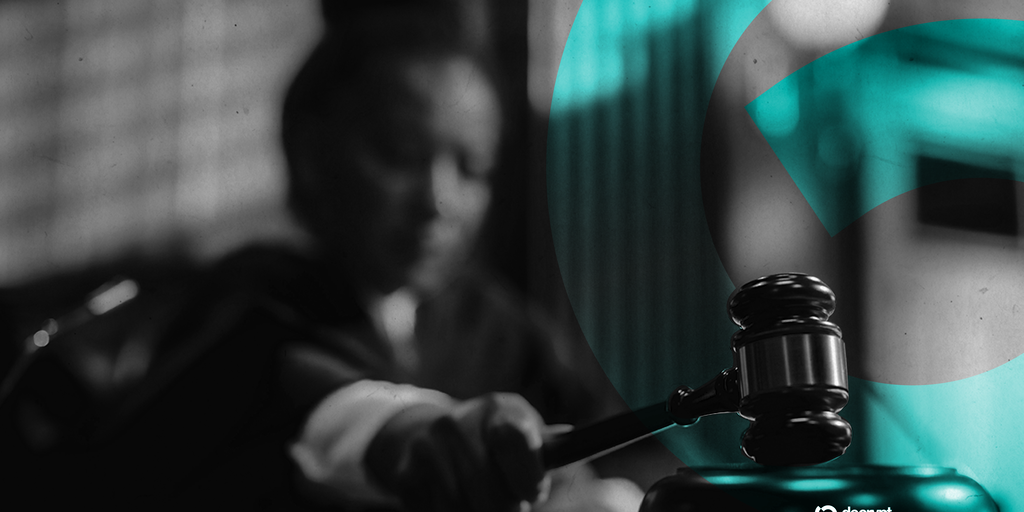
Warner Music Group has taken a significant step in addressing the intersection of music and artificial intelligence with its new agreement with Udio, an AI music generator. This move transitions Udio from a controversial model accused of copyright infringement to a licensed platform that empowers artists and ensures fair compensation.
From Lawsuits to Licenses
In a settlement announced this week, Warner Music has resolved its copyright infringement lawsuit against Udio. Previously, Warner, along with Sony Music Entertainment and UMG Recordings, accused the platform of using their copyrighted recordings without permission to train its AI models. This lawsuit highlighted growing concerns over AI platforms leveraging copyrighted material without proper authorization.
As part of the deal, Udio will abandon its current model to launch a subscription-based platform in 2026. This new initiative allows users to create remixes, covers, and original songs using the work of participating artists—all with proper licensing, attribution, and payments built into the system.
A New Era for AI-Generated Music
Udio’s revamped model promises to create new revenue streams for artists and songwriters while protecting their rights. Artists who choose to participate will retain control of how their voices and compositions are used. Moreover, they will receive proper credit and royalties whenever their contributions are featured in user-generated content.
This settlement not only secures a fair system for artists but also potentially sets the stage for industry-wide standards in AI-generated music. Udio plans to roll out enhanced safeguards for content creators, ensuring that they maintain ownership and receive rightful compensation during this transformative era in music production.
AI and Copyright Challenges
The legal battle with Udio is part of a larger global conversation about regulating AI platforms. The rise of AI music generators has raised concerns about the use of copyrighted material without explicit permission. In fact, a German court recently ruled against OpenAI for reproducing copyrighted song lyrics, setting a legal precedent in Europe.
This regulatory pressure underscores the critical need to balance technological innovation with the protection of intellectual property. Warner Music’s agreement with Udio marks a step toward achieving this balance, offering a glimpse into how the music industry may coexist with the rapidly evolving AI landscape.
How You Can Engage with AI Music
As AI music platforms evolve, they’ll offer exciting new tools for creativity. For music enthusiasts or aspiring creators, platforms like Udio’s upcoming subscription service will make it easier than ever to collaborate with artists and experiment with remixes, covers, and original compositions.
If you’re looking to explore music production while protecting intellectual property, consider investing in high-quality audio tools like the Ableton Push 2. As technology continues to advance, tools like this can help artists at every level seamlessly integrate traditional production with emerging AI capabilities.





